June 27, 2019
Promotion: How a Yorkshire firm is transforming the way we work
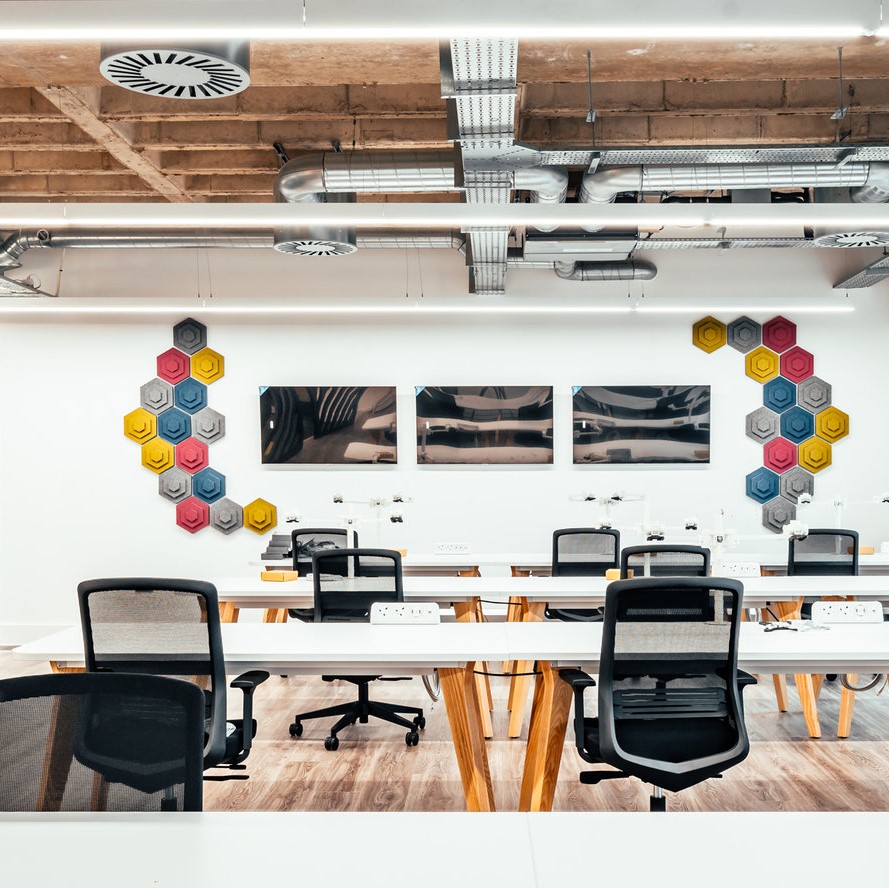 What is it that makes (some of) us bound into work, bright-eyed and bushy-tailed, in the morning? Is it the promise of a proper coffee from the barista-style machine so many modern offices and studios now boast? Or could it simply be the chance to catch up with a favourite colleague? For many, it may be the lure of work itself that gets them out of bed. Few of us will hum merrily on our morning commute, though, contemplating the comfort of our office chair, or daydreaming about taking five minutes to enjoy the calming ambience of the breakout area. A West Yorkshire-based company specialising in acoustic design is making huge strides to change our attitudes about the workplace, though. After all, why shouldn’t we feel at home in the office? (more…)
What is it that makes (some of) us bound into work, bright-eyed and bushy-tailed, in the morning? Is it the promise of a proper coffee from the barista-style machine so many modern offices and studios now boast? Or could it simply be the chance to catch up with a favourite colleague? For many, it may be the lure of work itself that gets them out of bed. Few of us will hum merrily on our morning commute, though, contemplating the comfort of our office chair, or daydreaming about taking five minutes to enjoy the calming ambience of the breakout area. A West Yorkshire-based company specialising in acoustic design is making huge strides to change our attitudes about the workplace, though. After all, why shouldn’t we feel at home in the office? (more…)









 Professional bragging rights were once the preserve of top earners. Those with massive salaries, huge bonuses, and in some cases, even bigger egos. Money equals success – technology has shifted that long held view. Today flexible working, in terms of hours, location and role, has become an embraced reality and chief workplace priority. Technology has blurred the lines between work and life. The new “digitally native” workforce now expect a flexibility and access in every aspect of their lives. More than ever, work is seen as an adventure which is to be explored, rather than accepted.
Professional bragging rights were once the preserve of top earners. Those with massive salaries, huge bonuses, and in some cases, even bigger egos. Money equals success – technology has shifted that long held view. Today flexible working, in terms of hours, location and role, has become an embraced reality and chief workplace priority. Technology has blurred the lines between work and life. The new “digitally native” workforce now expect a flexibility and access in every aspect of their lives. More than ever, work is seen as an adventure which is to be explored, rather than accepted. 







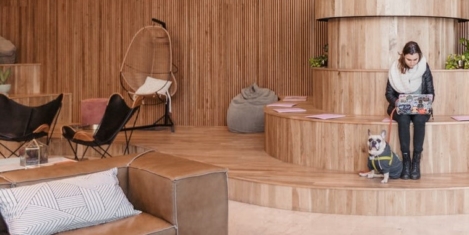
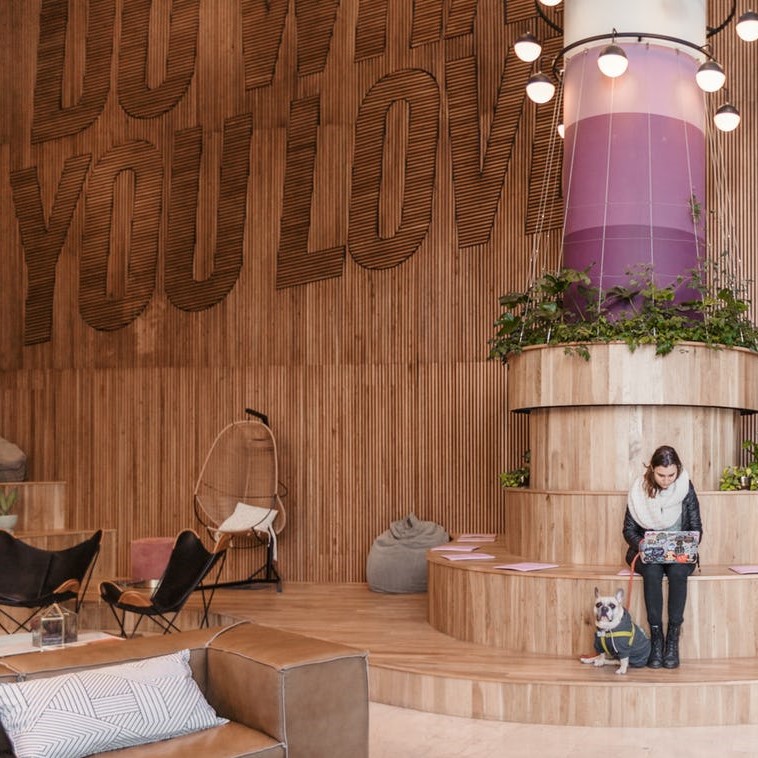

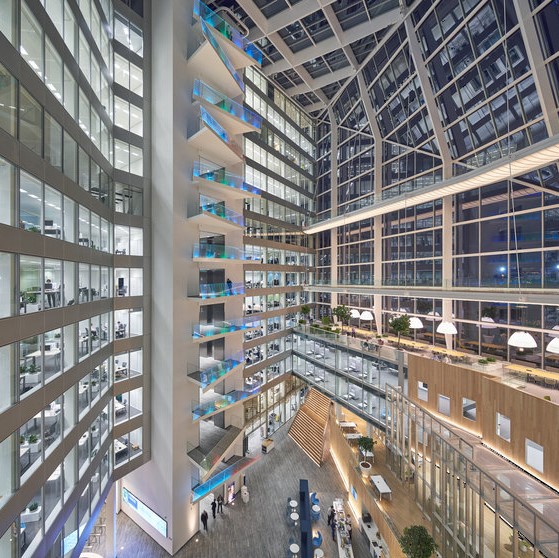
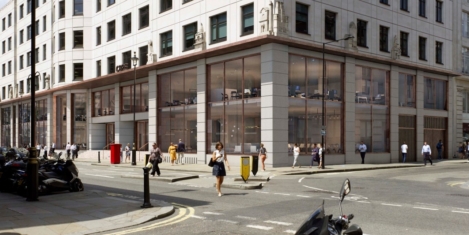
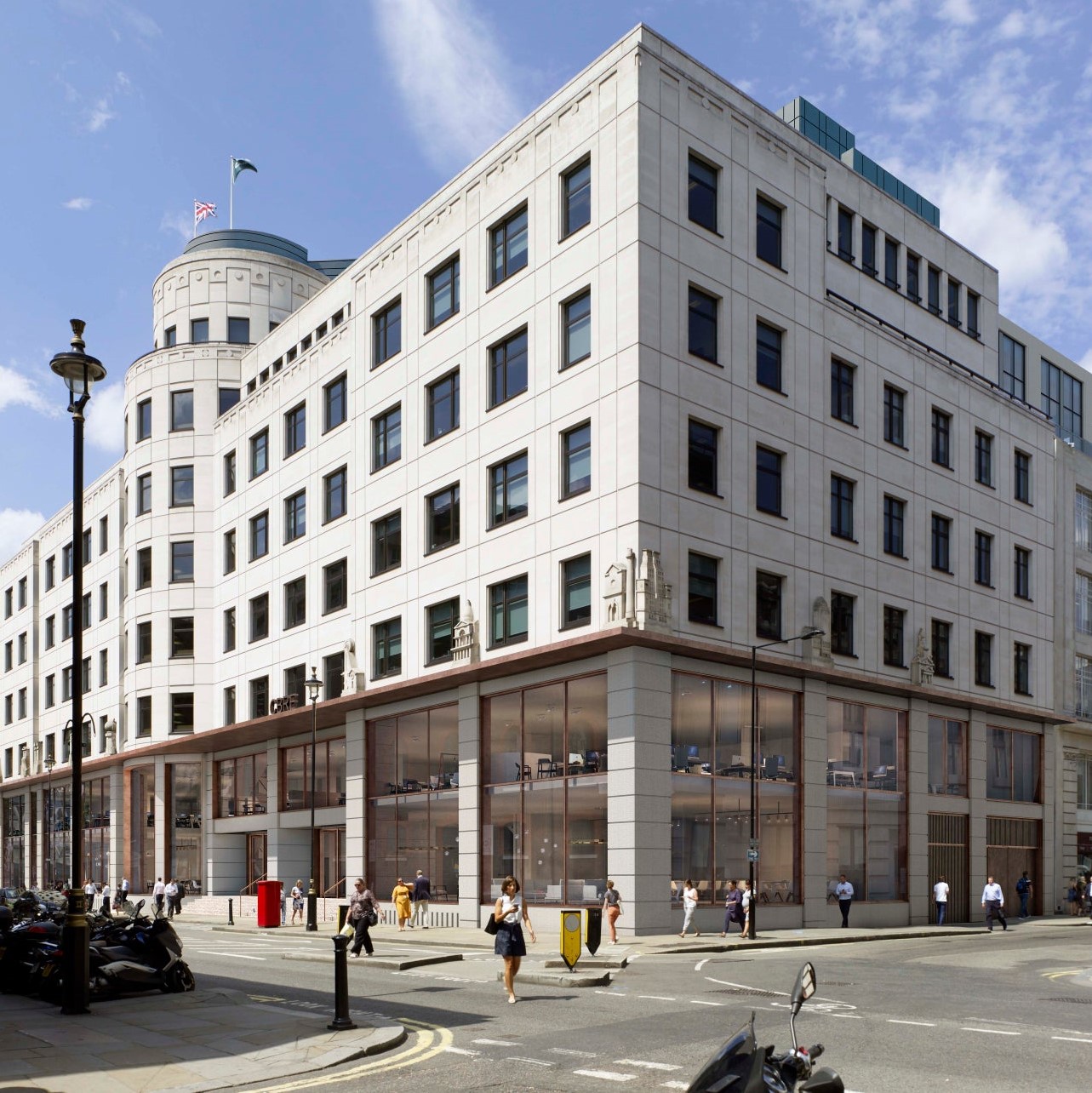 Hong Kong Central and London’s West End held onto their top spots in a ranking of the most expensive office market locations in the world at $322 and $220.70 per sq. ft. per year respectively according to the latest
Hong Kong Central and London’s West End held onto their top spots in a ranking of the most expensive office market locations in the world at $322 and $220.70 per sq. ft. per year respectively according to the latest 







June 27, 2019
We are running out of time to find the meaning of work
by Mark Eltringham • Comment, Flexible working, Technology, Wellbeing, Workplace design